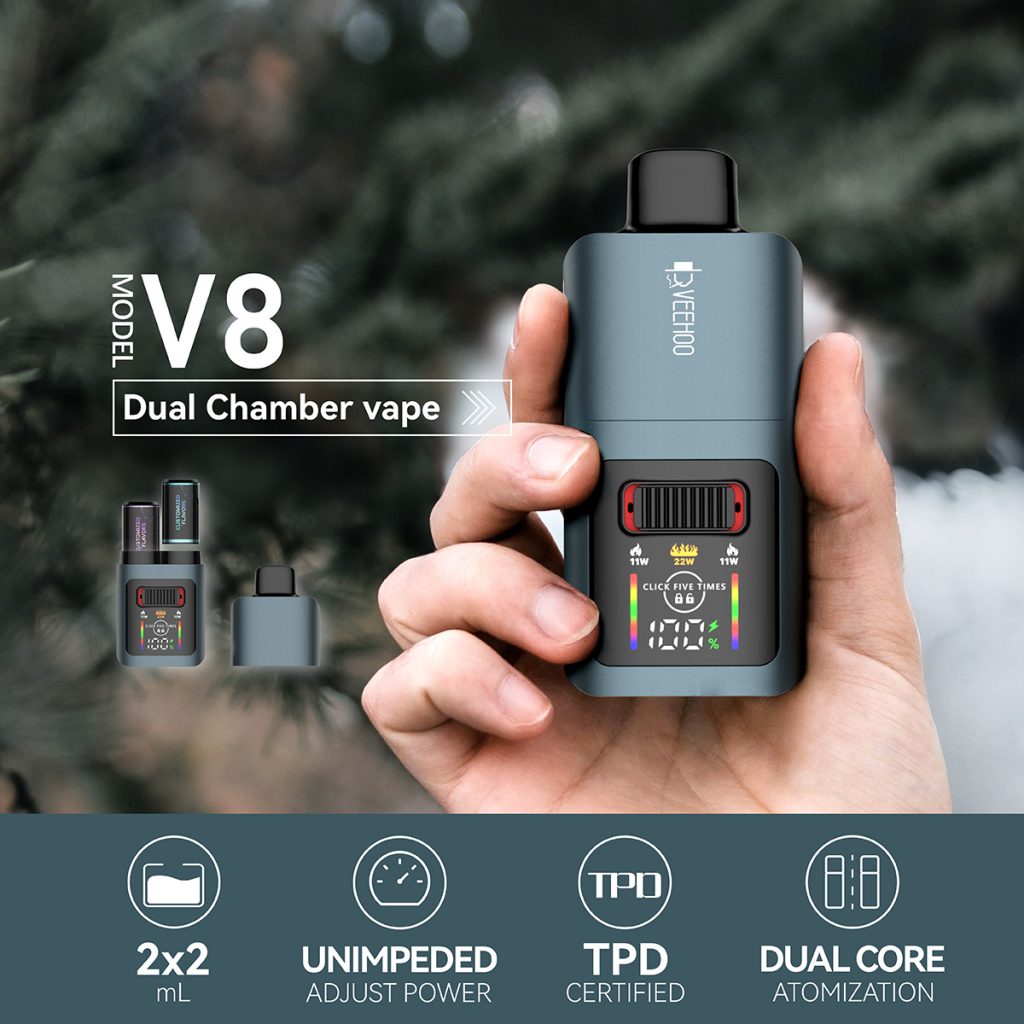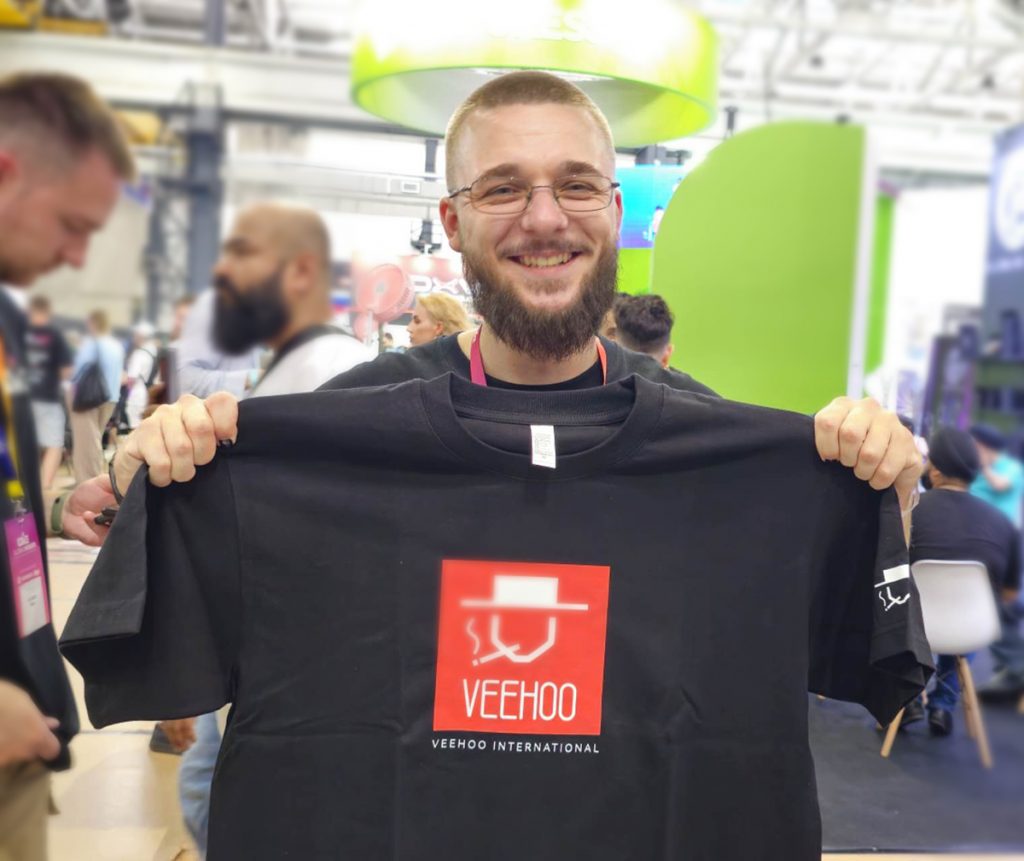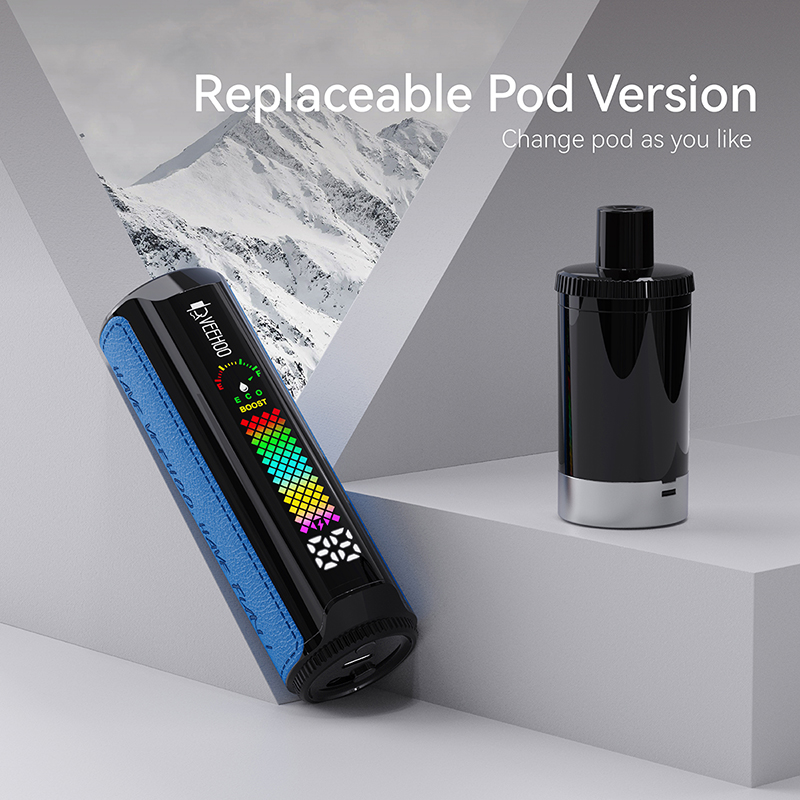The Malaysian Ministry of Health recently announced that a nationwide enforcement campaign, “Save the Lungs” (Operasi Selamat PaPa), will officially launch on August 1st of this year. The campaign will focus on combating open-system vaping and plans to completely ban the manufacture, import, sale, and use of open-system vaping products through amendments to the Public Health Tobacco Control Act 2024 (Act 852). The August start date is chosen because several state governments are implementing similar sales bans around the same time, creating an opportunity for unified national legislation and enforcement. This campaign, conceived as part of the “Save the Lungs” campaign, will highlight the lung health risks and promote public awareness of vaping.
The enforcement measures include: In August, relevant government departments, in conjunction with the police, customs, and the Ministry of Health, will conduct surprise inspections of retail stores, tobacco shops, and electronics stores. Open-system vaping products on shelves will be confiscated, violators will be fined, and repeat offenders will have their business licenses revoked starting in September. A week-long publicity and education period (July 18-31) will be held to urge businesses to adjust their operations and cease selling open-cell devices through announcements, flyers, and posters. Enforcement will be implemented concurrently with the “Operasi Selamat PaPa” and “Operasi Selamat MaMa” (protecting the public from secondhand smoke), with multi-departmental collaboration to strengthen regulatory enforcement.
The background and motivation for this strategy stems primarily from the significant risk of e-cigarettes carrying illegal substances. Health Minister Dzulkefly Ahmad noted that approximately 80% of seized open and closed-cell e-cigarettes in the first half of 2025 were found to contain banned substances such as methamphetamine and synthetic cannabis, demonstrating the susceptibility of open-cell devices to misuse with illicit liquids. He specifically emphasized that open-cell e-cigarettes, which allow users to add or mix liquids themselves, pose the greatest risk of abuse and are therefore prioritized for a ban.

Furthermore, domestic medical organizations such as the Malaysian Medical Association (MMA), the Thoracic Society, and the Lung Foundation have strongly called for a complete nationwide ban on e-cigarette sales, particularly open-cell systems. MMA noted that between 2019 and 2024, 41 cases of e-cigarette-associated lung injury (EVALI) were reported in Malaysia, with an average treatment cost of over RM150,000 per case. Furthermore, the National Poison Centre recorded 111 toxicity-related exposure incidents from 2015 to 2023, the most serious of which involved misuse by adolescents. Meanwhile, MTS and Lung Foundation Malaysia emphasized that Section 21 of Act 852 authorizes the Minister of Health to issue an immediate sales ban in the event of an “acute or serious public health crisis.” They believe the current situation meets this criterion and urge the government to swiftly legislate and implement a nationwide e-cigarette ban.
Several states have already taken the lead in implementing laws and regulations. Johor and Kelantan have long prohibited the opening of e-cigarette shops without issuing business licenses. State governments in Negeri Sembilan, Kedah, Perlis, and Terengganu have explicitly banned the sale of e-cigarettes starting August 1, 2025. Terengganu announced not only a sales ban but also a simultaneous advertising ban and stricter store permits. Perlis explicitly will not renew retail licenses and has initiated a publicity period and penalty mechanism. Medical groups and tobacco control advocacy organizations praised these state governments for their bold actions, but also expressed concern that a coordinated national tobacco control strategy will be difficult to achieve without uniform federal legislation and implementation.
Against this stringent policy, many e-cigarette brands will transition or exit the market. For example, BAT Malaysia announced that it will phase out sales of its VUSE line of products by the third quarter of 2025 to comply with upcoming national regulatory requirements. While closed-system products such as VEEV NOW and VEEV ONE, marketed by Philip Morris (PM), exist in the domestic market, open-system devices will undoubtedly be phased out or banned.
VEEHOO, a well-known domestic e-cigarette brand, adopted a more compliant, healthy, and safe brand positioning before the policy took effect. The VEEHOO brand focuses on technological research and development, promoting sealed, disposable, or pre-filled pods. These devices, which cannot be refilled with e-liquid and are less susceptible to adulteration with illicit substances, are therefore safer than open devices. The brand also emphasizes strict age restrictions for minors (retail sales to those under 18 are prohibited) and complies with Act 852’s requirements for packaging, labeling, and graphic health warnings. VEEHOO product labels clearly display warnings such as “Smoking products can cause lung disease,” and limit nicotine content. Furthermore, the container capacity does not exceed regulatory requirements (for example, a single refillable pod cannot exceed 3 ml, and will be limited to 2 ml in the future), demonstrating strong compliance and respect for regulatory requirements.

From a market perspective, VEEHOO has continuously optimized its user experience over the past few years: sophisticated packaging, easy operation, a rich flavor profile with a mouthpiece similar to that of a real cigarette, smooth vaping, and relatively consistent quality. These features have won the favor of some adult users and helped the e-cigarette market transition from an underground gray market to a regulated and legalized stage. Of course, with enforcement focusing on open systems, even closed-system brands like VEEHOO must promptly assess market legality and compliance risks and actively comply with regulatory requirements. This includes discontinuing any open-system product lines, providing product registration reports through legal channels, and adhering to government guidance to make transitional arrangements before the law takes effect.
From a broader perspective, closed-system e-cigarettes, as represented by the VEEHOO brand, can be considered a relatively low-harm, regulated alternative within the current public health policy environment. They are less likely to cause illicit substance abuse and are more amenable to strict labeling and container standards in terms of technical design. This also represents a proactive attempt by the industry to navigate a legal and compliant path amidst tightening regulations. Of course, from a public health perspective, both closed and open-system devices still pose health risks as long as they contain nicotine. Therefore, VEEHOO’s marketing should emphasize that they are only suitable for adult current smokers and discourage non-smokers or adolescents from trying them.
In summary, Malaysia will launch the “Save the Lungs” enforcement campaign in August 2025, using Act 852 as the legal basis for a complete ban on open-system e-cigarettes. This move has received support from several state governments, and medical and public health experts have also strongly called for federal legislation. Key reasons include: open-system vaping systems are susceptible to misuse with illegal liquids, leading to frequent lung injuries and poisoning incidents. At the same time, closed-system brands like VEEHOO offer superior standards, health, safety, and consistency, such as compliant packaging, controlled nicotine concentration, and non-refillable liquids, making them well-suited to surviving under the new legal framework. If brands can continue to emphasize legal channels, age-restricted sales, and health warnings, while abandoning their open-system product lines, they will undoubtedly gain regulatory approval, market trust, and consumer acceptance during this transition.

If a nationwide federal ban is truly implemented, closed-system brands like VEEHOO may need to prepare in advance to completely remove all open-system products from shelves, work with the government to complete product registration and testing reports, facilitate recycling of used devices, and educate consumers about the risks and legal alternatives. Only in this way can companies achieve a smooth transformation amidst the general trend of tightening regulations and fulfill their corporate social responsibility with the goal of protecting public health.
Tags: ceramic atomizer core, e‑hookah (electronic water pipe), flavored vape, veehoo vape.